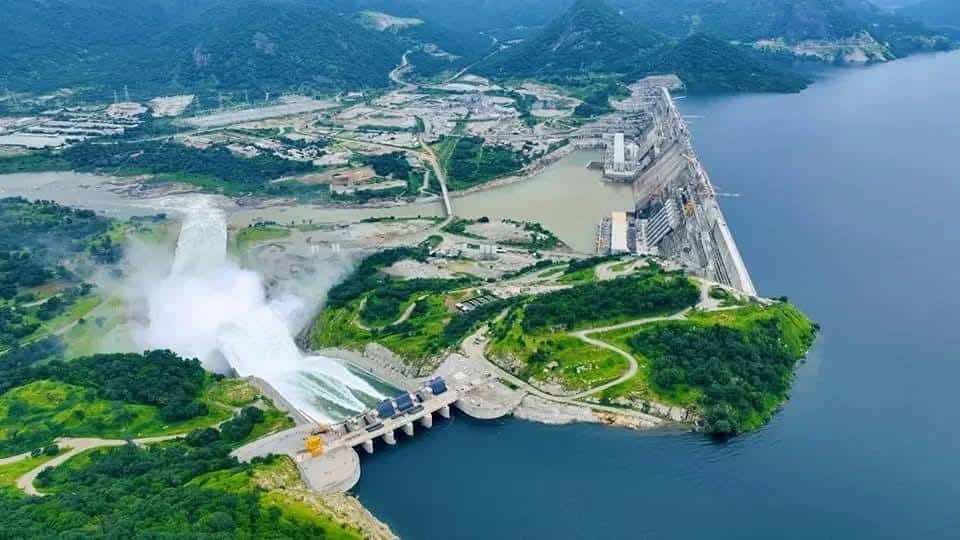
Egypt’s recent rejection of the United States’ proposed quid pro quo regarding the crises in Gaza and the controversial Grand Ethiopian Renaissance Dam (GERD) signifies a significant shift in international diplomatic relations. Questions have arisen about whether Ethiopian Prime Minister Abiy Ahmed has compromised the GERD without obtaining the consent of the Ethiopian populace. This skepticism stems from concerns over Ahmed’s willingness to prioritize his political survival, raising doubts about his commitment to the welfare of the Ethiopian people amidst allegations of severe human rights violations.
**The GERD and Its Implications: Egypt’s Stance on the U.S. Quid Pro Quo**
Egypt has firmly rejected a recent U.S. proposal suggesting a quid pro quo involving the crises in Gaza and the ongoing tensions surrounding the GERD. This refusal goes beyond mere diplomatic gestures; it marks a crucial shift in how Egypt perceives its sovereignty and interests in the Nile River basin.
The GERD has been a point of contention between Egypt and Ethiopia for years. Egypt is concerned about significant reductions in its vital water supply, while for Ethiopia, the dam represents a key aspect of economic development and has become a symbol of national pride and ambition. In this context, Egypt’s rejection of U.S. intervention emphasizes its determination not to concede its rights or allow external pressures to dictate its water security.
It is important to note that the United States does not own the dam and cannot dictate its future. The project is under Ethiopian control, raising questions about the influence of other nations in the region and their roles in mediating disputes. Egypt’s stance reflects its commitment to assert its rights regarding historical water allocations and demands a resolution that respects its interests.
This diplomatic dilemma highlights broader implications of regional politics and the complexities involved in managing shared resources. As the situation evolves, it will be vital to monitor how Egypt navigates its position, especially considering Ethiopia’s steadfast commitment to the GERD.
In summary, Egypt’s response to the U.S. proposal serves as a reminder of the delicate balance of power in a region filled with competing interests, where the ownership and management of essential resources like the Nile remain contentious issues. Moving forward will require careful negotiation, mutual respect, and recognition that while external involvement can provide assistance, the primary stakeholders must ultimately reach an agreement that reflects their needs and rights.
July 20, 2025
The Habesha
